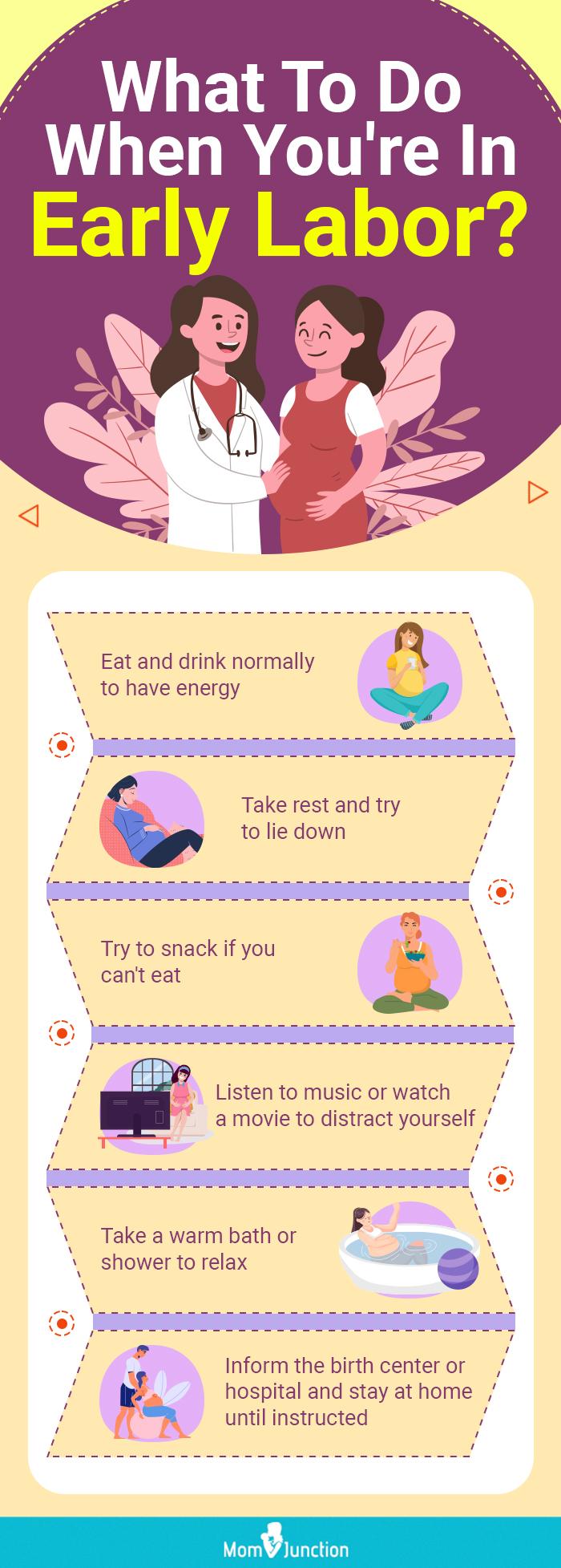
Signs of Labor in Pregnancy: A Comprehensive Guide
Labor is the process of giving birth to a baby. It is a complex and demanding process that can be both physically and emotionally challenging. However, understanding the signs of labor can help you prepare for the big day and make it a more positive experience.
What is labor?
Labor is the process of the uterus contracting and pushing the baby out through the cervix and vagina. It is divided into three stages:
- First stage: This stage begins with the onset of regular contractions and ends when the cervix is fully dilated (10 centimeters).
- Second stage: This stage begins when the cervix is fully dilated and ends with the birth of the baby.
- Third stage: This stage begins with the birth of the baby and ends with the delivery of the placenta.
Signs of labor
The signs of labor can vary from woman to woman, but there are some common signs that you should be aware of:
- Regular contractions: Contractions are the tightening of the muscles in the uterus. They are usually felt as a tightening or cramping sensation in the lower abdomen or back. Regular contractions are contractions that occur at regular intervals and gradually increase in intensity and duration.
- Bloody show: Bloody show is a discharge of mucus and blood from the vagina. It is caused by the dilation of the cervix. Bloody show can be pink, red, or brown.
- Water breaking: Water breaking is the rupture of the amniotic sac. It can happen at any time during labor, but it usually happens during the first stage. Water breaking can be a gush of fluid or a slow trickle.
- Back pain: Back pain is a common sign of labor. It is caused by the pressure of the baby’s head on the nerves in the back.
- Pelvic pressure: Pelvic pressure is a feeling of fullness or pressure in the pelvis. It is caused by the baby’s head descending into the pelvis.
- Nausea and vomiting: Nausea and vomiting are common signs of labor. They are caused by the hormonal changes that occur during labor.
- Diarrhea: Diarrhea is a common sign of labor. It is caused by the increased levels of prostaglandins in the body.
- Fatigue: Fatigue is a common sign of labor. It is caused by the physical and emotional demands of labor.
When to call the doctor
If you are experiencing any of the signs of labor, it is important to call your doctor. Your doctor will be able to assess your symptoms and determine if you are in labor.
What to do if you are in labor
If you are in labor, there are a few things you can do to help the process along:
- Stay calm: It is important to stay calm during labor. This will help you to relax and cope with the pain.
- Breathe deeply: Deep breathing can help to relax your body and relieve pain.
- Move around: Moving around can help to keep your labor moving.
- Listen to your body: Your body will tell you what it needs. If you need to rest, rest. If you need to move, move.
- Don’t be afraid to ask for help: If you need help, don’t be afraid to ask for it. Your doctor, midwife, or doula can help you to manage your pain and deliver your baby safely.
Conclusion
Labor is a challenging but rewarding experience. By understanding the signs of labor, you can prepare for the big day and make it a more positive experience.